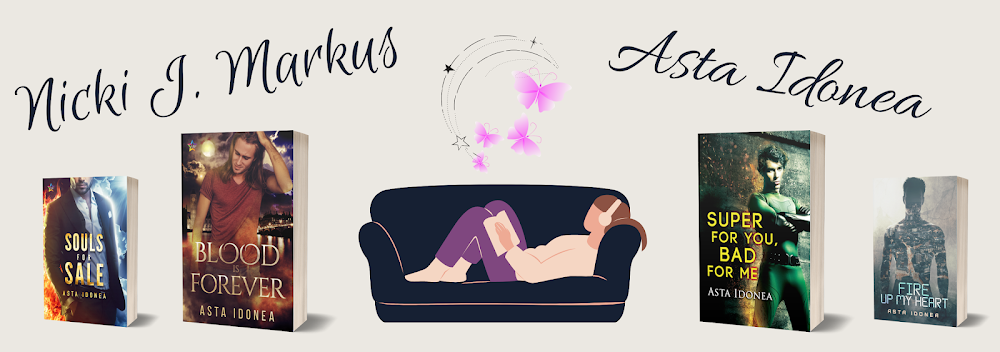Title: The Golden Maze
Author: Richard Fidler
Publisher: ABC Books
Publication Date: 2020
Pages: 580
Format: Hardback
Genre: Non-Fiction/History
Source: Gift
In 1989, Richard Fidler was living in London as part of the provocative Australian comedy trio The Doug Anthony All Stars when revolution broke out across Europe. Excited by this galvanising historic, human, moment, he travelled to Prague, where a decrepit police state was being overthrown by crowds of ecstatic citizens. His experience of the Velvet Revolution never let go of him.
Thirty years later Fidler returns to Prague to uncover the glorious and grotesque history of Europe's most instagrammed and uncanny city: a jumble of gothic towers, baroque palaces and zig-zag lanes that has survived plagues, pogroms, Nazi terror and Soviet tanks. Founded in the ninth Century, Prague gave the world the golem, the robot, and the world's biggest statue of Stalin, a behemoth that killed almost everyone who touched it.
Fidler tells the story of the reclusive emperor who brought the world's most brilliant minds to Prague Castle to uncover the occult secrets of the universe. He explores the Black Palace, the wartime headquarters of the Nazi SS, and he meets victims of the communist secret police. Reaching back into Prague's mythic past, he finds the city's founder, the pagan priestess Libussa who prophesised: I see a city whose glory will touch the stars.
Following the story of Prague from its origins in medieval darkness to its uncertain present, Fidler does what he does so well - curates an absolutely engaging and compelling history of a place. You will learn things you never knew, with a tour guide who is erudite, inquisitive, and the best storyteller you could have as your companion.
Overall, The Golden Maze is an interesting account of Czech history. Fidler's prose is highly readable. Occasional it gets bogged down with the repetition of fact after fact, but it generally recovers each time with further interesting information following such recitations. The main downside I would say is that it's a little unbalanced, racing through earlier history to dwell for longer on 20th century events. I would have liked to have seen the attention more evenly spread. But for all that, it is an enjoyable read whether you already know something of Czech history or if you are approaching the book as a complete novice on the subject. As such, I am giving it 4 stars.


No comments:
Post a Comment